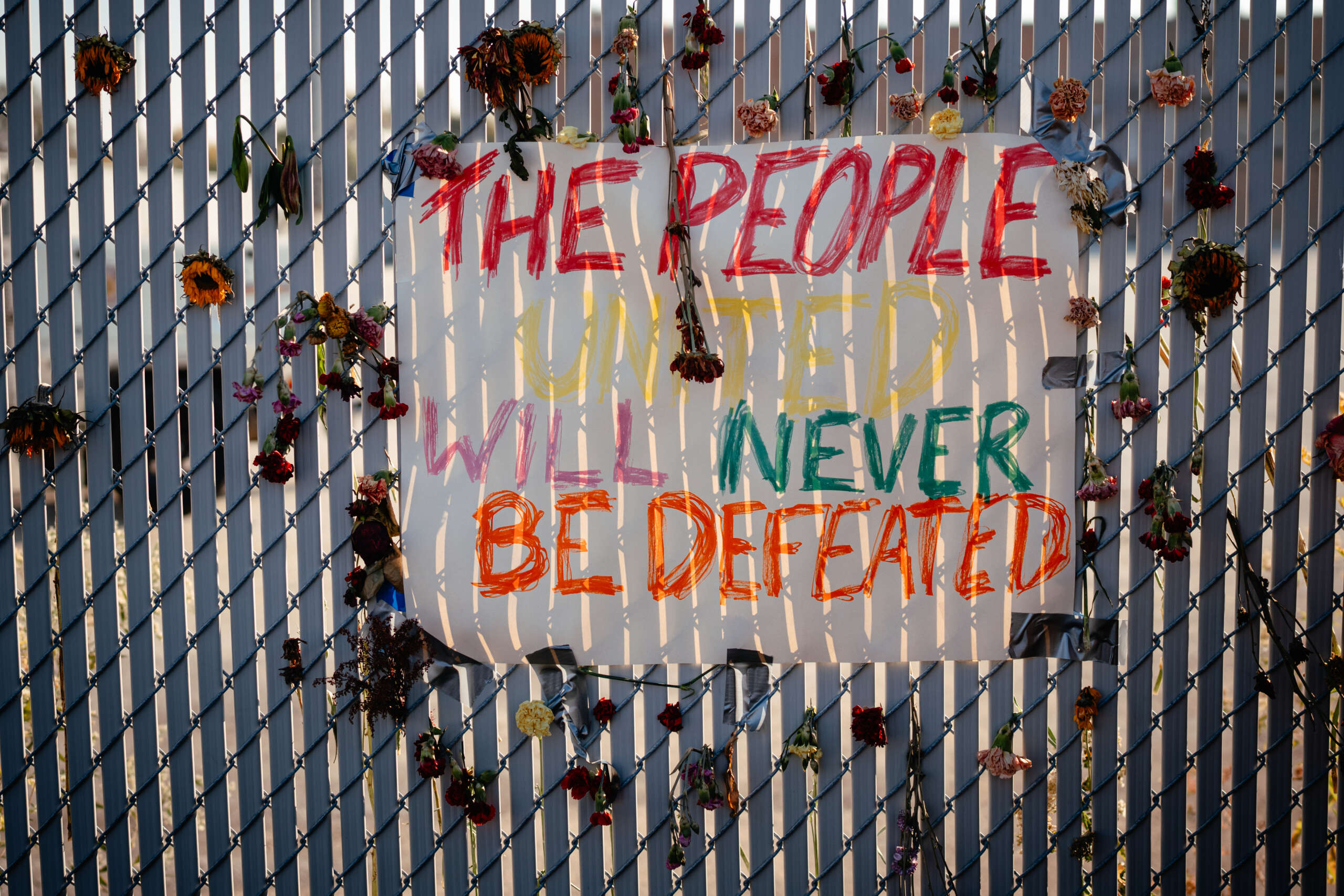
"to fund and expand abortion access, to form unions and strike committees; I've slept on concrete during youth rebellions, navigated supporting criminalized survivors of gender based violence, taught people how to reverse overdoses and test their drugs, built peer education amongst sex workers toward decriminalizing our labor, organized too many vigils for fallen comrades, gotten arrested symbolically and against all my best efforts, and liberated resources from institutional spaces and moved them to community as often as I could."
"May this find you grounded in community and living your values, even as your survival, your labor, and your basic needs are vilified, exploited, or criminalized. For some of us, these are all too familiar conditions. For people organizing within the sex trades, or whose harm reduction work occurs outside the law, public scorn and carceral violence come with the territory."
Decades of organizing span abolition work, anti-racist campus campaigns, abortion access expansion, union and strike building, youth rebellion participation, survivor support, overdose reversal training, and sex worker peer education. Organizing in criminalized or stigmatized spheres regularly exposes participants to public scorn and carceral violence. Effective practices prioritize grounding in community, mutual aid, and living shared values while protecting survival, labor, and basic needs. Practical measures include confidentiality, safety planning, harm reduction training, redistributing resources from institutions to community, and rejecting punitive, carceral responses. Sustained movements depend on accountability processes, shared skills, and collective care rather than individual visibility.
Read at Truthout
Unable to calculate read time
Collection
[
|
...
]